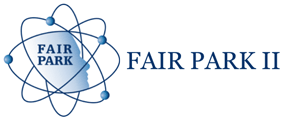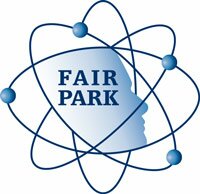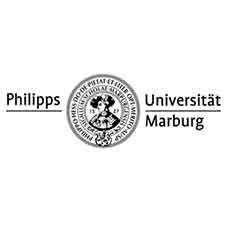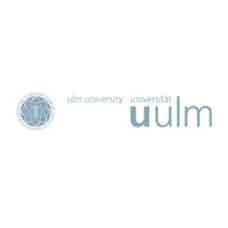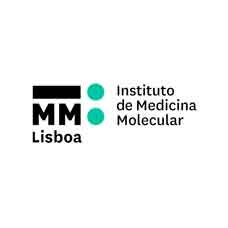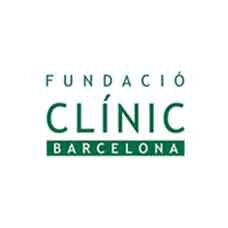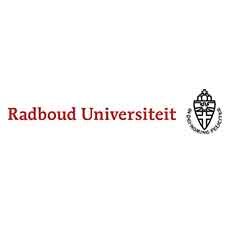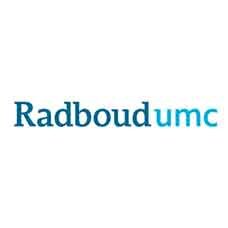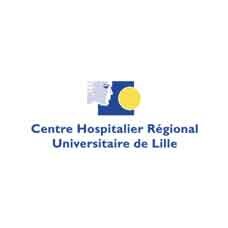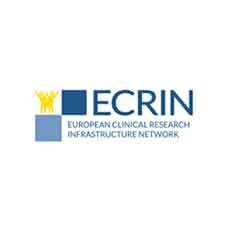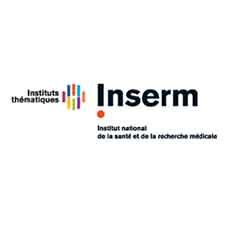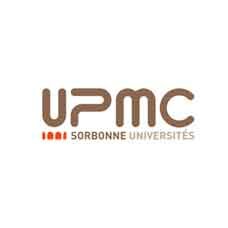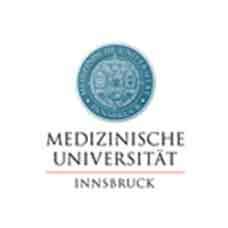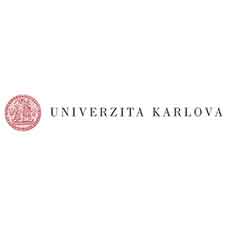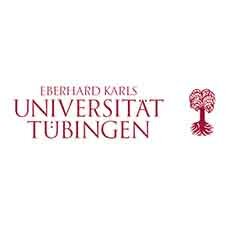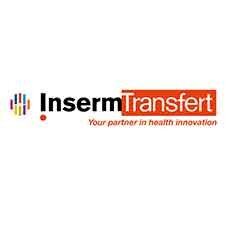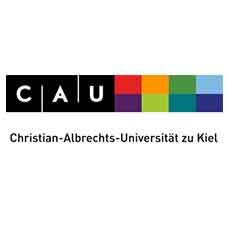The expected outcomes of our project and study are multiple in nature and we hope will end with a comprehensive assessment of deferiprone (DFP) as a conservative iron chelation therapy for Parkinson's disease. The specifics are as follows.
The primary outcome: efficacy in PD
We expect to observe a significantly lower mean total MDS-UPDRS score at weeks 36 and 40 in the DFP group (relative to the placebo group).
This will enable us to demonstrate the efficiency of iron chelation as the first non-dopaminergic disease-modifying strategy in PD. This will be the first in class treatment to slow down the disease progression.
No anaemia
We do not expect to observe anaemia (or other iron metabolism disorders). Anaemia was not a problem in the two independent pilot studies of smaller numbers of patients.
A good safety profile
We expect to see a good safety profile, with a low drop-out rate due to adverse events in all European centres and a low rate of neutropenia/agranulocytosis (with no harmful consequences), thanks to close monitoring with weekly blood counts.
DFP has been on the EU market since 1999, with a favourable risk/benefit balance at 100 mg/kg/day (< 3% of neutropenia). This will enable us to demonstrate the safety of the new therapeutic concept of conservative iron chelation in PD.
Quality of life scores
We aim to demonstrate a positive impact on the quality of life by the PDQ39 questionnaire.
More individualised therapy?
We intend to demonstrate the theranostic value of the clinical, radiological, biological and genetic biomarkers for the response to DFP (i.e. marker which predict answer to the treatment by DFP) - notably the ferric iron overload measured by ultrasound and MRI, the level of degeneration measured by DaT imaging), the catechol-O-methyltransferase (COMT) genotype for symptomatic improvements at week 36 and the ceruloplasmin genotype for the disease modifier effect at week 40 and the blood and CSF levels of ferritin.
Value of biomarkers for monitoring disease progression
We expect to demonstrate the surrogate value of clinical, radiological, biological and/or genetic biomarkers (i.e., markers which predict progression of the disease: prognosis) for monitoring PD progression.
This will be achieved by analysing the large population of de novo patients in the placebo group and comparing them with the advanced PD population in the PREDISTIM PHRC-2012 multicentre study (led by David Devos, FAIR-PARK-II's coordinator), the BADGE-PD-PHRC 2010 and DIGPD-PHRC 2008 (two PD cohorts led by JC. Corvol), the population of patients with Alzheimer’s disease (AD) in the FP7 NILVAD study, led by Professor Lawlor) and the population of patients with amyotrophic lateral sclerosis (ALS) in the JPND SOPHIA study (led by Professor Van den Berg).
Results will be obtained at end of the fourth year of the project and publications will be made at the end of the fifth year.
Health economics
We intend to demonstrate that DFP has a favourable impact on health economics, as measured by a specific questionnaire.
Positive impact on daily life?
We also expect to see a concomitant, positive impact on the activities of daily living by performing the continuous assessment of the PD-relevant domains with an unobtrusive, quantitative, continuous measurement tool (SENSE-PARK, FP7).
A European clinical trial network for Parkinson's Disease
In collaboration with NS-PARK / F-CRIN network, we expect to set up an efficient European clinical trial network in PD, in order to promote forthcoming European studies.
This will be reinforced through many teleconferences and meetings with the study group, the efficient completion of the study within 5 years, the many papers generated by the study group and the activities led by different work package leaders and investigators.
The collaboration with the three FP7 studies (NILVAD, SOPHIA and SENSE-PARK) will also reinforce the European PD network.
Dissemination and impact
If the data demonstrate the antipated effects; we expect to widely disseminate the findings of this new therapeutic concept, in order to promote and support the clinical development of DFP and other selected iron chelators for PD and, weher suitable, other neurodegenerative diseases.
